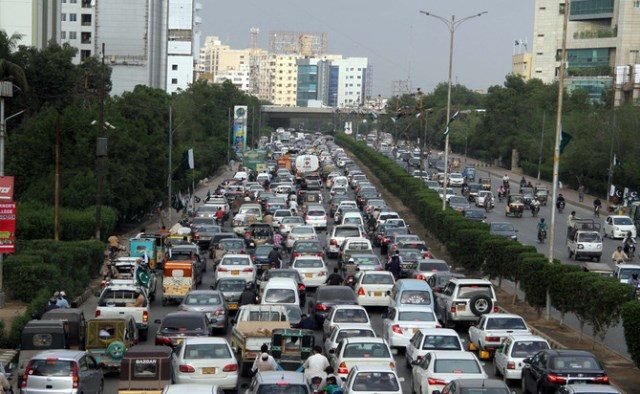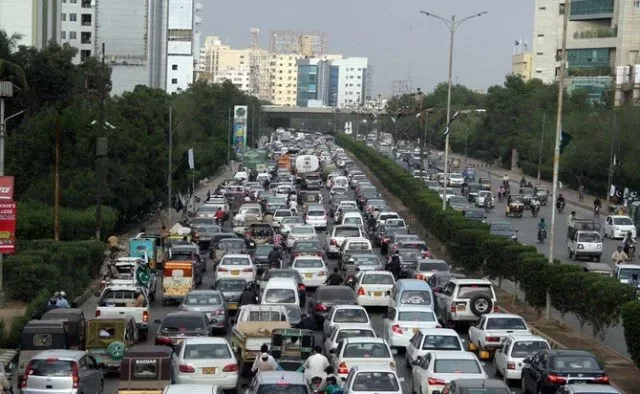
As the ongoing population census in Karachi nears its deadline, officials express concern that the city’s headcount will fall short of the anticipated 20 million mark. With the mega exercise set to conclude today, it is estimated that the final count of the metropolis will not exceed 19 million, leaving many burning questions unanswered. The disappointing results raise concerns about the city’s population growth rate over the years and cast doubt on the effectiveness of the multi-billion rupee census, which has generated more controversies than solutions.
According to a Pakistan Bureau of Statistics (PBS) official, the total number of Karachi’s population stood at just over 18.6 million by the end of last week. However, the enumeration process during the weekends tends to yield limited results, making it unlikely for any significant growth to occur in the remaining days before the deadline. Consequently, there is little hope for a substantial increase in the population figure.
The PBS previously extended the census deadline by 15 days after addressing concerns raised by ministers, lawmakers, and political party leaders. This marked the fourth extension since the census officially commenced on March 1. The issue of Karachi’s population has been a bone of contention since the 2017 census, prompting political parties, particularly the Muttahida Qaumi Movement-Pakistan (MQM-P) and Jamaat-i-Islami (JI), to claim that the official count significantly underrepresented the actual number of city residents.
It remains to be seen how these parties, including the MQM-P, which is part of the ruling Pakistan Democratic Movement, will react to the final results. The JI has already declared its intent to resist any attempt to underestimate Karachi’s population, stating that it should not be counted below 35 million. Hafiz Naeem ur Rehman, the JI Karachi chief, expressed skepticism over the census results, emphasizing that internationally recognized studies, surveys, and research indicate that Karachi’s population exceeds 30 million. He vowed to resist the announced figure, accusing political parties of conspiring against Karachi and depriving its residents of their rights.
Similarly, the MQM-P rejected the census results, citing the failure to count all residents in high-rise buildings. The party claimed that the PBS did not include 38,000 high-rise buildings in the census and criticized the Islamabad-based teams for their inability to achieve the desired outcome. The MQM-P alleged that this was part of a conspiracy to manipulate population figures along ethnic lines. They declared their refusal to accept the census results and pledged to raise their voice until every person in Karachi is accounted for, even resorting to protests in the streets and the parliament, if necessary.
The disappointing outcome of the Karachi population census has raised significant controversies, pitting political parties against each other and fueling debates over the accuracy and fairness of the exercise.
Topics #featured #News #Pakistan



